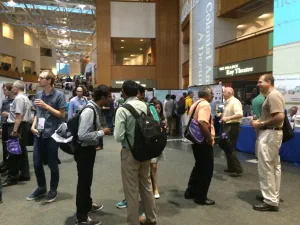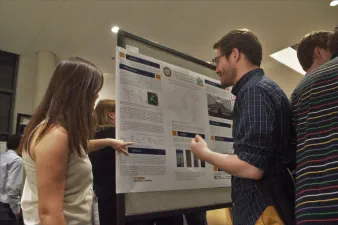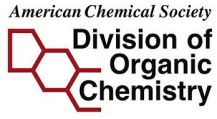Paul G. Gassman Distinguished Service Award
Purpose of the Gassman Award
To recognize outstanding service to the organic chemistry community.
Nature of the Gassman Award
The award consists of $1,500 and a cut crystal plaque. The award will be presented no more than biennially at the Fall executive committee dinner in even-numbered years. Travel expenses to attend the national meeting will also be provided.
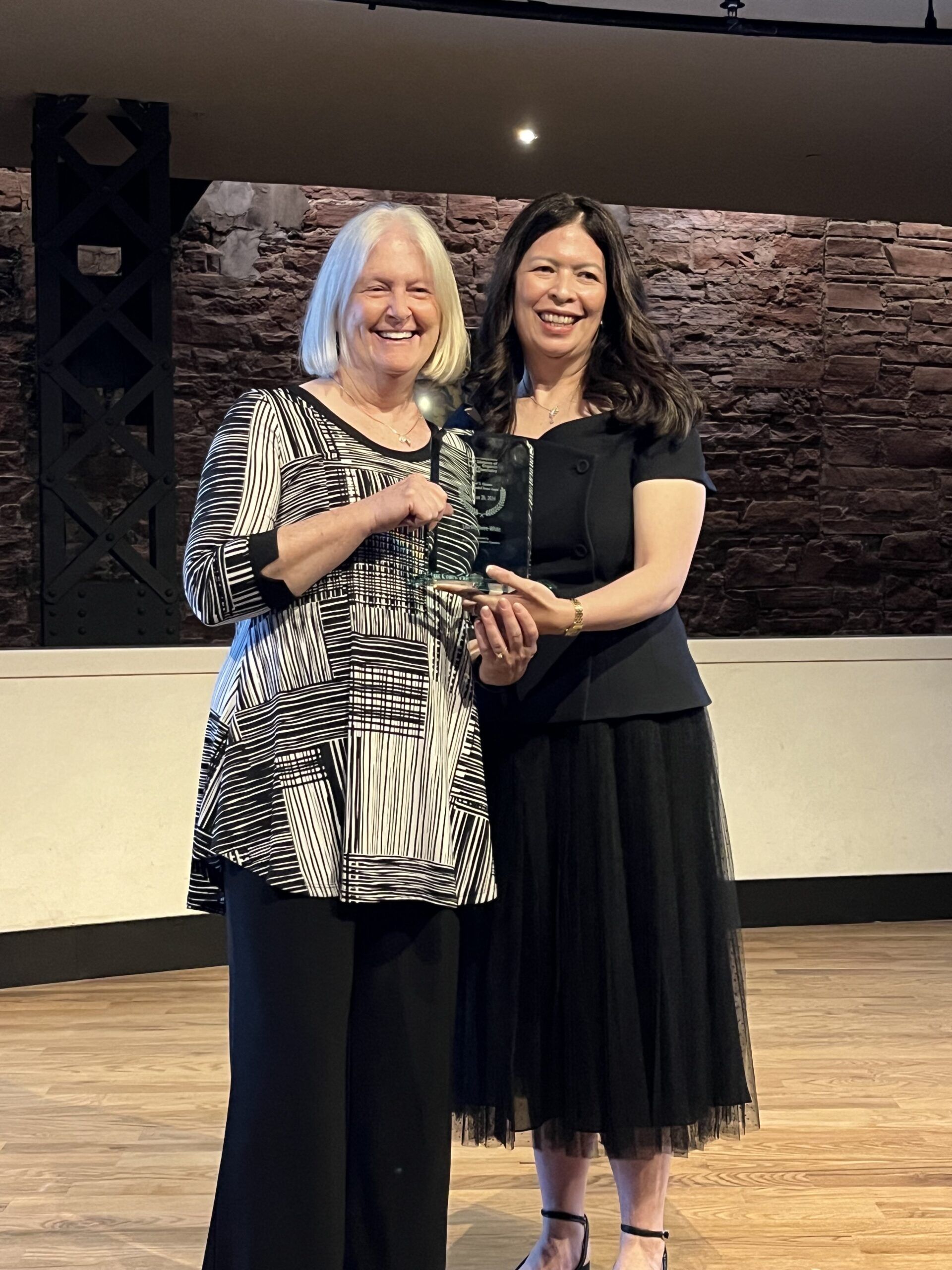
Establishment of the Gassman Award
The award was established in 1994 with financial help from the Bayer Corporation’s Pharmaceutical Division, located in West Haven, CT, and Bayer’s Polymer and Materials Divisions, located in Pittsburgh, PA. In 2007, The award was endowed by the Midwest Pharmaceutical Process Chemistry Consortium with a supporting contribution from the Division of Organic Chemistry. The winner of this award and of the Leete Award are the only two awards actually selected by the Organic Division.
Rules of Eligibility for the Gassman Award
Nominees must be long-standing members of the Organic Division of the American Chemical Society who through their contributions to the organic chemical community in the United States have significantly enhanced the welfare of its members. Contributions to the American Chemical Society and/or the Organic Chemistry Division, including significant accomplishments in the management and function of the ACS that impact the environment of organic chemistry, leadership and innovation in the Division, and conspicuous service on behalf of organic chemists are appropriate considerations.
Nominations for the Gassman Award
Nominations should emphasize the candidate’s service contributions. The nomination letter (2 pages max, with minimum font size 11pt), seconding letters (up to five, 1 page each, with minimum font size 11pt), and the candidate’s C.V. should be submitted as a single PDF file via the online form (please name the PDF file with the candidate’s name (for example: JohnSmith-GassmanNomination.pdf).
Deadline: The due date for the 2024 award nominations is April 1, 2024.
About Paul G. Gassman (1935-1993)
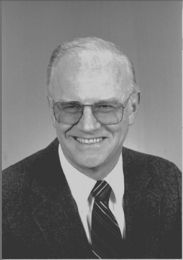
Paul Gassman was born June 22, 1935 in Alden, New York, son of Joseph Martin Jasmine and Florence Marie Rautenstrauch Gassman, of German Swiss parentage. In 1957, he graduated with a B.S. degree from Canisius College in Buffalo, New York. He received his Ph.D. in 1960 from Cornell University, where he worked with Prof. Jerrold Meinwald, and continued as a postdoctoral fellow during 1960 before beginning an appointment as an Assistant Professor of Chemistry at Ohio State University, moving to theUniversity of Minnesota as a Professor in 1974. He served the ACS Division of Organic Chemistry as a member of the Executive Committee (1976-88), Chairman-elect (1980), Chairman (1981), and Councilor (1983-1988). He also served as the ACS President for 1990.
Paul Gassman’s research was centered in the area of organic reaction mechanisms, and focused on mechanisms of catalysis (including hydrocarbon metathesis), X-ray photoelectron spectroscopy, chemistry of highly strained molecules, neighboring group participation in carbocation chemistry, cycloaddition reactions, enzyme mechanisms, organoelectro-chemistry, carbanion chemistry, synthesis of heterocyclic molecules, oxidation of hydrocarbons, nitrenium ion chemistry, and electron-transfer reactions. The work resulted in over 300 publications in scientific journals, 32 patents, and 11 books in which he is listed as an editor, and provided training for 72 Ph.D. and 13 M.S. students, as well as dozens of postdoctoral fellows and a number of undergraduate researchers. At the age 57, Paul Gassman was at home on the evening of April 17, 1993 when he suffered a torn aorta. The following day he underwent emergency open-heart surgery, but suffered irreversible brain damage and never regained consciousness. He died on April 21, 1993. (Taken in part from the University of Minnesota’s Senate Minutes.). A lectureship to honor Professor Gassman is given annually at the University of Minnesota.
Recent Awardees of the Gassman Award
Lisa McElwee-White – 2024
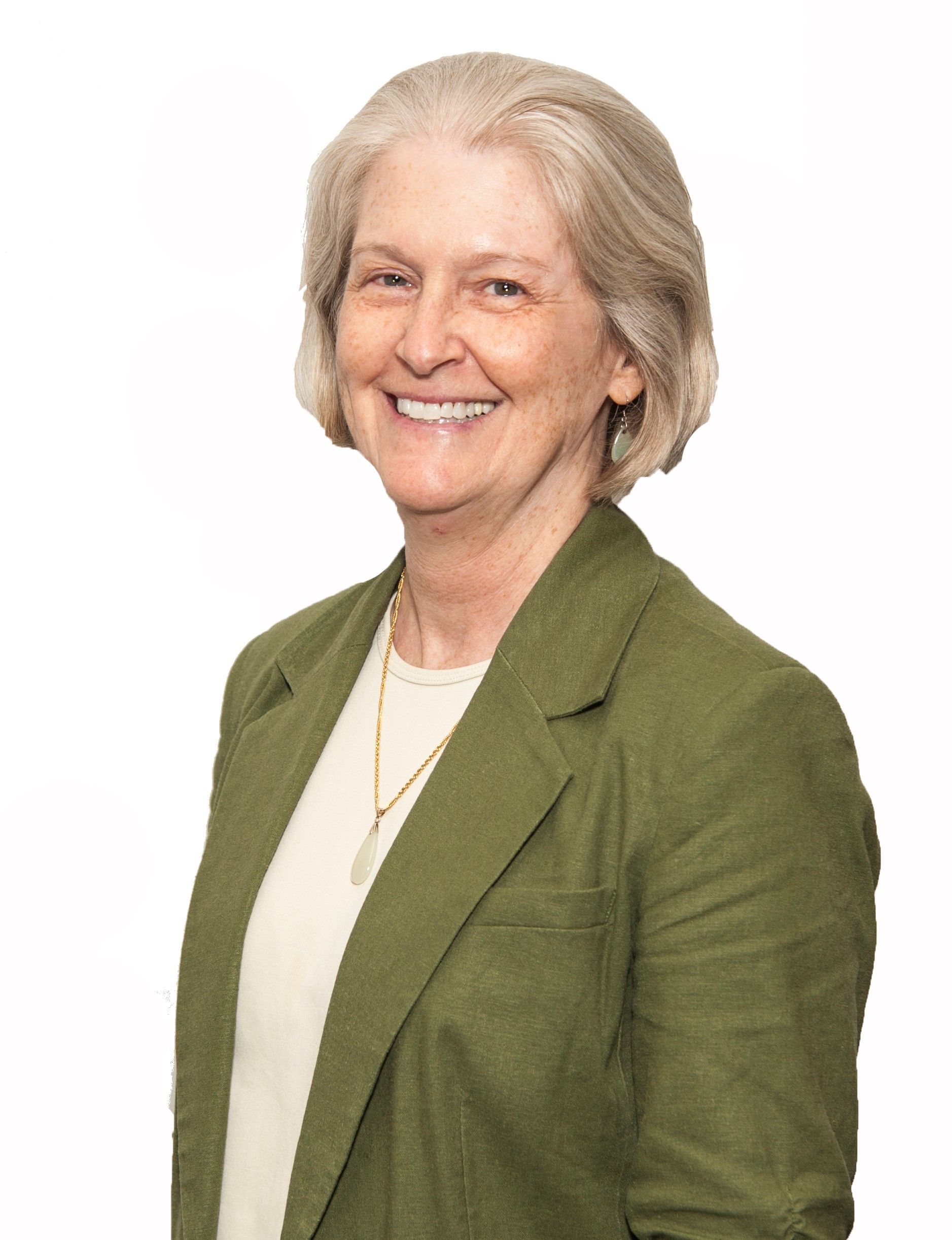
Professor Lisa McElwee-White is the Colonel Allen R. and Margaret G. Crow Professor of Chemistry at the University of Florida. She received her BS in chemistry from the University of Kansas in 1979 and a PhD from the California Institute of Technology in 1983 under the direction of Dennis Dougherty. She then completed postdoctoral studies with James Collman at Stanford University and began her independent career there in 1985. In 1993, she moved to the University of Florida (UF) as an associate professor and was promoted to full professor in 1997. While at UF, she served as Associate Dean for Administrative Affairs, the Director of the Beckman Scholars program, and is currently the Chair of the Chemistry Department.
The Paul G. Gassman Award Distinguished Service Award has been bestowed upon Professor McElwee-White for her many significant contributions to the Division of Organic Chemistry (DOC) and the organic chemistry community through several prominent elected and appointed roles. For example, as a member of the DOC’s Executive Committee, she served as national Program Chair, Member-at-Large, and Chair. From 2006 to 2024 she, along with Professor Huw Davies, organized the annual Academic Young Investigators symposia, which provides a stage for assistant professors to showcase their work. Professor McElwee-White has also served as a member of several editorial advisory boards for prominent journals including, the Journal of Organic Chemistry, Organometallics, and ACS Applied Materials and Interfaces, as well as the Committee of Visitors for the NSF Chemistry Division and myriad ACS committees. Professor McElwee-White’s research focuses on applying organometallic chemistry to materials deposition, including chemical vapor and focused electron- and ion beam-induced depositions. A particular focus of her work is mechanism-based design of single source precursors for these materials.
Professor McElwee-White is a Fellow of both the American Chemical Society and the International Union of Pure and Applied Chemistry. Her awards include the ACS’s Francis P. Garvin- John M. Olin Medal, and the Charles H. Herty Medal (Georgia Section ACS), the Florida Award (Florida Section ACS) and the Charles H. Stone Award (Carolina-Piedmont Section ACS).
P. Andrew Evans – 2022
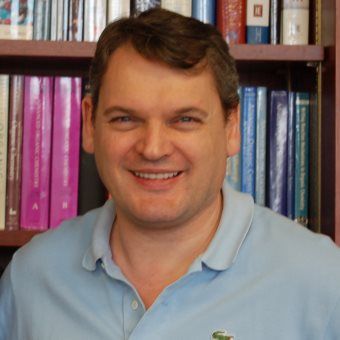
Professor P. Andrew Evans is the Alfred R. Bader Chair of Organic Chemistry and a Tier 1 Canada Research Chair in Organic and Organometallic Chemistry in the Department of Chemistry at Queen’s University in Ontario, Canada. He is also a Changjiang Scholar at Central South University in Changsha, Hunan, P. R. China. He received a B.Sc. with honors in Applied Chemistry at Newcastle Polytechnic in 1987 and a Ph.D. at the University of Cambridge in 1991 under the supervision of Andrew B. Holmes, FRS. He then completed postdoctoral studies with Philip D. Magnus, FRS, at the University of Texas at Austin as a NATO Postdoctoral Fellow. In 1993, he initiated his independent career at the University of Delaware, where he was promoted through the ranks to Professor in 2000. He then moved to Indiana University in 2001 and the University of Liverpool in 2006, where he was the Heath Harrison Chair of Organic Chemistry before starting his current position in July 2012.
The Paul G. Gassman Distinguished Service Award has been bestowed upon Professor Evans for his many significant contributions to the Division of Organic Chemistry (DOC) and the organic chemistry community through several prominent elected and appointed roles. For example, as a member of the Division’s Executive Committee, he served as Member-at-Large, Councilor, and Chair. He also organized the successful 2007 National Organic Chemistry Symposium at Duke University. In 2010, with Gary Molander, he initiated the highly acclaimed Graduate Research Symposium, which provides rising fifth-year graduate students an opportunity to interact with leaders from academia, industry, various funding agencies, and publishers. It is now regarded as one of the most innovative and important programs provided by the Division, and it has recently been recognized with an ACS ChemLuminary Award. Professor Evans has also served as a member of several editorial boards for prominent journals and is currently an Associate Editor for the Thieme journal, Synthesis. In addition, he is the current Editor-in-Chief and President of Organic Reactions, a preeminent source of authoritative and comprehensive reviews that also supports several philanthropic initiatives through the Division.
Professor Evans’ research focuses on developing new synthetic transformations that permit the expeditious synthesis of functional molecules. A unique and striking feature of this research program is the ability to access new chemical reactivity through mechanistic studies, which provides the insight to combine these reactions in sophisticated multi-component processes for the stereoselective construction of complex molecular systems. Professor Evans is a Fellow of the American Chemical Society and has received numerous awards for his contributions to the field. Recent awards include the Harry and Carol Mosher Award, the Changjiang Scholar Award, an ACS Cope Scholar Award, and the RSC Pedler Award. In addition, several prominent pharmaceutical companies, including Pfizer, Johnson and Johnson, Novartis, GlaxoWellcome, Eli Lilly, and AstraZeneca, have also recognized his research work through their award programs.
Pat N. Confalone – 2020
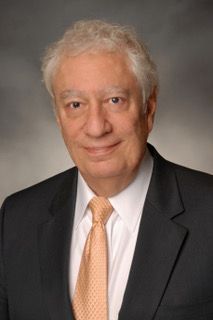
Pat Confalone received his BS degree from MIT and his PhD from Harvard University where he worked with Professor R.B. Woodward. After ten years at Hoffmann-La Roche, Dr. Confalone joined Dupont Life Sciences where his Bioorganic Chemistry group developed the fluorescent dye-labeled reagents that were used in automated DNA sequencing, eventually employed in the human genome project. With DuPont Pharmaceuticals, Dr. Confalone recruited a world class Medicinal Chemistry department that discovered CozaarTM, a major anti-hypertensive based on angiotensin II antagonism. After 22 years in Discovery Research, he moved into pre-clinical development and built a highly successful Chemical Process R&D organization that carried out the chemical development of CozaarTM and SustivaTM, a highly successful NNRTI used to treat AIDS. For the last 7 years of his industrial career he was the Vice President for R&D at DuPont Crop Protection. His organization twice received Agrow Magazine’s award for best R&D pipeline in the Crop Protection Industry. He has published over 130 publications and has obtained 40 patents. He has held adjunct professorships at the University of Colorado, Rutgers University and Drew University.
Dr. Confalone has been an exemplary role model for industrial chemists with regards to his service to the ACS and the greater community of organic chemistry. He has served the Division of Organic Chemistry in many capacities as a member of the Executive Committee including as Chair. He has been a tireless supporter of funding for organic chemistry in academic labs through congressional lobbying for federal support of R&D funding for the NIH, NSF, DOD and DOE. As Chairman of the Board of Directors for the ACS, Dr. Confalone represented organic chemistry at the highest level of the society. Notably, Dr. Confalone is a co-founder of the French-American Chemical Society where organic chemists from France and America have built lasting friendships and collaborations over the course of the last 30 years. Pat has supported this project throughout its existence and was the chair of the FACS-IV conference. He is also a past chair of the Natural Products Gordon Research Conference.
Dr. Confalone is an ACS Fellow and Fellow of the American Association for the Advancement of Science. He has received many awards and honors, including the Alpha Chi Sigma award, Harvard Graduate Society Prize, Samuel M. McElvain Industrial Speaker (1982), Robert A. Welch Foundation Lecturer (1988-1989), Esther Humphrey Lecturer (1990), Philadelphia Organic Chemistry Club Industrial Award (2005) and the Earle B. Barnes Award for Leadership in Chemical Research Management (2021).
Cynthia A. Maryanoff – 2018
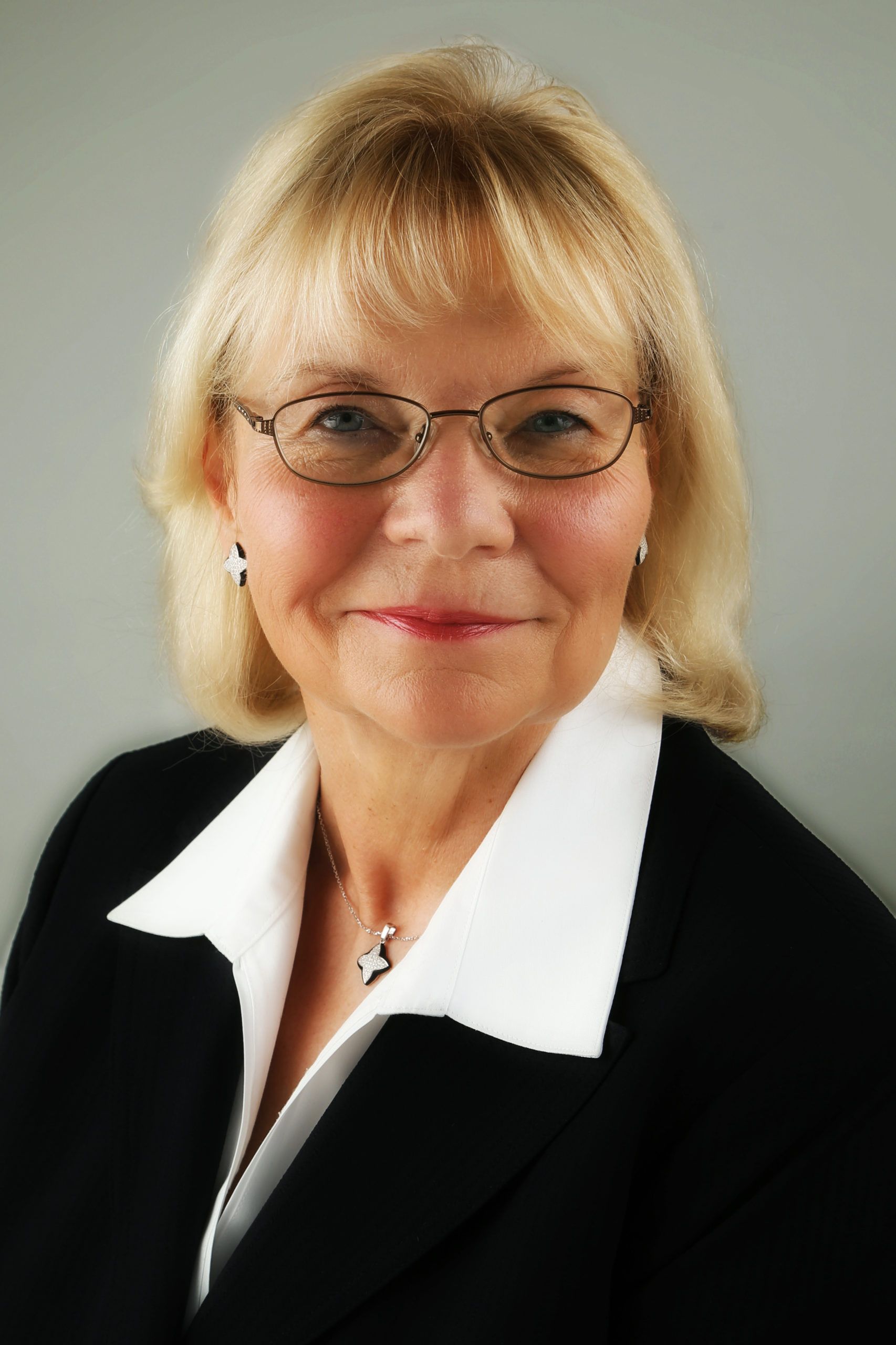
Cynthia A. Maryanoff received her B.S. degree in chemistry from Drexel University and her Ph.D. degree from Princeton University. After conducting postdoctoral work at Princeton, she joined the Medicinal Chemistry Department at Smith, Kline & French in Philadelphia. In 1981, she moved to Johnson & Johnson (J&J), and advanced to the highest scientific position in the company, Distinguished Research Fellow, retiring in 2013 after 32 years of service. At J&J her work involved rapidly moving new molecular entities (NMEs) from small-scale to large-scale chemical synthesis, the development of formulations and analytical methods, thereby advancing NMEs to first-in-human and proof-of-principle studies in record time relative to industry standards. She is now affiliated with the Baruch S. Blumberg Institute as Foundation Distinguished Professor and the Pennsylvania Drug Discovery Institute as Professor of Drug Delivery.
Cyndie is very active in the scientific community both locally and nationally, especially within the ACS Division of Organic Chemistry where she currently serves on the Executive Committee (1988-present). As a member of the Organic Division’ s executive committee she served as a Councilor or Alternate Councilor for many years, organized and chaired over 30 award symposia, and served as the first female Chair. For the past 30 years, Cyndie chaired the Division’s Award Committee, where she initiated and obtained funding to support the Travel Award program to help outstanding students and faculty at undergraduate institutions attend ACS National Meetings and National Organic Symposia. This program has supported more than a thousand students and faculty over the last 30 years. Cyndie also created the Organic Division’s Technical Achievement Award (TAOC), an annual award symposium that recognizes outstanding contributions to organic chemistry by industrial or government chemists at the non-Ph.D. level. The Travel Award and TAOC Award programs have earned ACS ChemLuminary Awards for the Division. Additionally, Cyndie currently serves the ACS on the ACS Governing Board of Publishing and the International Affairs Committee.
Cyndie is an inaugural ACS Fellow and a Fellow of the American Association for the Advancement of Science. She has received numerous national, local, and internal corporate awards that encompass both scientific and managerial achievements, most notably: The Perkin Medal (2015); The ACS Earle B. Barnes Award for Leadership in Chemical Research Management; The ACS Garvan–Olin Medal; the ACS Henry F. Whalen, Jr. Award for Business Development. Cyndie has served for many years as a member of the Drexel University Advisory Council for the College of Arts and Sciences.
Gary A. Molander – 2016
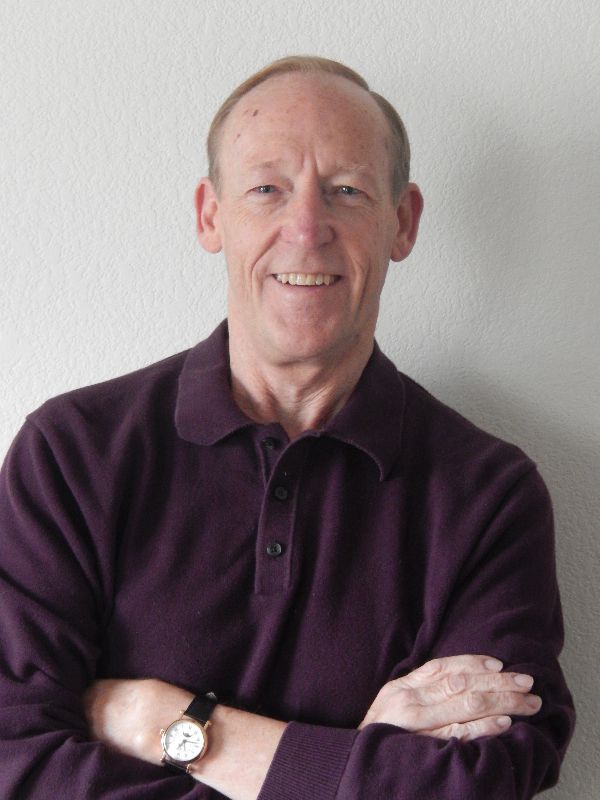
Professor Molander received his B.S. degree in chemistry from Iowa State University and his Ph.D. from Purdue University. After a postdoctoral stint at the University of Wisconsin, Madison, he began his independent career as an assistant professor at the University of Colorado, Boulder, rising through the ranks to professor before moving to the University of Pennsylvania.
Professor Molander has a long history of service to the organic community in elected and appointed positions, both at the local and national levels. He has served the Organic Division for over 15 years as member of the Executive Committee, including as Executive Officer of the 37th National Organic Symposium, Secretary-Treasurer, and Chair of the Division. One of the most important initiatives he established, in collaboration with Andrew Evans, is the Division’ s Graduate Research Symposium. This symposium was started in order to reach young DOC members and is now in its 6th year. It is considered one of the Division’ s most innovative programs, and was recognized by the ACS with a ChemLuminary Award. Locally, he served as Chair of the Philadelphia Section of the ACS and the Philadelphia Organic Chemists Club. He has been on many editorial advisory boards and is currently serving as an Associate Editor of Organic Letters, co-Editor-in-Chief of Comprehensive Organic Synthesis II, and the Editorial Advisory Board of Science of Synthesis.
Professor Molander’ s research interests are in the development of new synthetic methods for organic synthesis, particularly in the invention of transition metal-catalyzed protocols for the construction of carbon-carbon bonds. Professor Molander is a Fellow of the American Chemical Society and has received numerous honors for his research and teaching, including an Arthur C. Cope Scholar Award, a Japanese Society for the Promotion of Science Fellowship, the Philadelphia Section Award, and The American Chemical Society Herbert C. Brown Award for Creative Research in Synthetic Methods.
Amos B. Smith, III – 2014
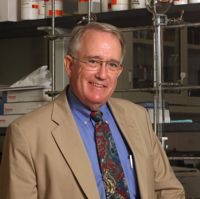
Professor Smith received his early education at Bucknell University, where in 1966 he earned Bucknell University’s first combined four-year B.S.-M.S. degree in Chemistry. After a year in medical school (University of Pennsylvania), he earned his Ph.D. degree (University of Pennsylvania, 1972) and completed a year as a Research Associate at Rockefeller University. In 1973, he joined the Department of Chemistry at the University of Pennsylvania; currently, he is the Rhodes-Thompson Professor of Chemistry. He is a Member of the Monell Chemical Senses Center, and from 1976-2000, he was a Member of the Laboratory for Research on the Structure of Matter (LRSM). In 2001, he was appointed as an Honorary Member at the Kitasato Institute, where he has served as Visiting Director.
In a timeframe spanning over 30 years, Amos has served the organic community through his active participation in the ACS Division of Organic Chemistry and various editorial advisory boards and study sections and beginning in 2012, the ACS governing board for publishing. For the DOC he began volunteering in the 1980′ s, assuming different roles on the Executive Committee such as chairing the National Organic Symposium at Montana State University in 1993, and chairing the Executive Committee in 1996. Shortly thereafter, Professor Smith assumed the role of Founding Editor-in-Chief for Organic Letters, a new ACS journal for chemical communications in organic chemistry. Under Professor Smith’s guidance Organic Letters has experienced extraordinary worldwide success and rapidly became a premiere journal for publications in the field.
Smith’s research interests encompass three diverse areas: natural product synthesis, bioorganic chemistry and materials science. To date more than 85 architecturally complex natural products have been prepared in his Laboratory. In addition, Smith, in collaboration with Ralph Hirschmann, has achieved the design and synthesis of non-peptide peptidomimetics of neuropeptideic hormone/transmitters and protease enzyme inhibitors and, also with Stephen Benkovic (Penn State), haptens for the production of catalytic antibodies capable of peptide bond formation. At Monell, in collaboration with Peter Jurs (Penn State), he pioneered the use of computerized pattern recognition techniques for the analysis of primate chemical communication. Collaborative programs at the LRSM include the chemistry and physics of novel liquid crystals and the fullerenes. More recent studies with the late Professor Robin Hochstrasser involve the development of ultrafast photochemical triggers to explore peptide/protein folding.
Amos has been recognized for his contributions to our science by numerous national and international awards including the Arthur C. Cope Scholar Award (1991), the ACS Ernest Guenther Award (1993), the ACS Award for Creativity in Organic Chemistry (1997), the Centenary Medal, Royal Society of Chemistry, London, (2002), the Yamada Prize (Tokyo, Japan) (2003), the Order of the Rising Sun, Gold Rays with Neck Ribbon from the Government of Japan (2004), RSC Simonsen Medal (2008), Inaugural Fellow, American Chemical Society (2009), D.Sc. (honoris causa), Queens University, Belfast, Northern Ireland (2009) and the William H. Nichols Award from the New York Section of the ACS (2014)
Franklin A. Davis – 2012
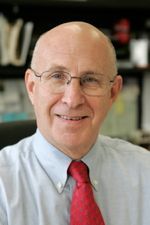
Professor Davis received his B.S. degree from the University of Wisconsin in 1962 having completed undergraduate research studies with Peter S. Wharton and completed his Ph.D. work with Donald C. Dittmer at Syracuse University in 1966. After completing Post-doctoral studies at the University of Texas with Michael J.S. Dewar he began his academic career at Drexel University in 1968. In 1995 he moved to Temple University as Professor of Chemistry and became the Laura H. Carnell Professor of Chemistry in 2009. Professor Davis has been advancing the interests of the members of the Division of Organic Chemistry as a member of the Executive Committee for over twenty four years. Frank served as the first National Program Chair and was instrumental in the development of the first scheduling software for ACS meetings. In 2005 he pioneered and developed the function of Regional Meeting Liaison to encourage organic programming at regional meetings, a position he still holds today. He has also served as Division Chair, Counselor, and on various committees, advisory boards, study sections and editorial boards. Professor Davis is well known for his work in the design and application of sulfinimines (N-sulfinyl imines) to the asymmetric synthesis of amines. Two of these reagents bear his name, the Davis oxaziridine and the Davis sulfinimine. He is a Fellow of the American Chemical Society and the Royal Society of Chemistry. He has received numerous awards including the Cope Scholar Award, the Philadelphia John Scott Award, and a fellowship from the Japan Society for the Promotion of Science.

